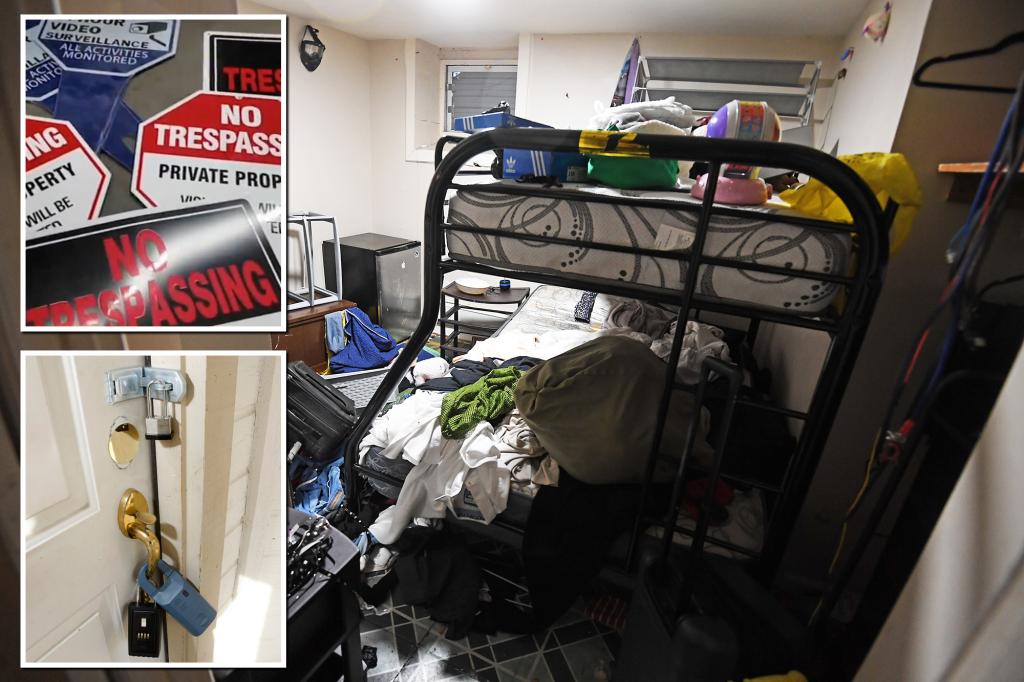Experts are warning American homeowners about the increasing trend of squatting, where strangers move into vacant properties and refuse to leave, causing a nightmare for property owners. To prevent squatting, experts recommend taking preventative measures such as making the property appear occupied by keeping curtains drawn irregularly, installing a smart home security system, and consulting with local law enforcement for drive-by patrols. Homeowners should also put signs in windows, install timed interior lighting, and check on the property regularly to catch signs of trespassing early.
The surge in squatting incidents has prompted government officials to take action. In Florida, legislation was signed into law to eliminate squatters’ rights and increase penalties against offenders. The White House has acknowledged the issue as a “local problem” that local governments must address. High-profile incidents involving squatters, including migrants in New York City and a Dallas-area woman whose belongings were sold while she was away, have drawn attention to the severity of the problem.
Property owners facing squatting situations may need to engage in legal eviction processes to remove entrenched squatters who claim “tenants’ rights.” Documentation of unauthorized access and habitation, along with reporting the occupation to law enforcement, can help in reclaiming possession of the property. However, legal eviction procedures can be time-consuming and costly, as property owners may have to go through the courts to remove squatters.
Different states have varying laws regarding squatters’ rights, with squatters potentially gaining certain legal rights after continuous occupation for a specified period. Homeowners are advised to seek legal counsel promptly and avoid confrontational eviction tactics to ensure a proper eviction process. Court rulings may also be influenced by a squatter’s ability to establish residency through household tasks such as cooking, cleaning, and receiving mail, leading to longer eviction notice periods and due process scrutiny.
In situations where squatters engage in criminal activities such as burglary or vandalism, property owners can seek temporary restraining orders and injunctive relief from law enforcement to swiftly regain possession of their property. Close coordination with legal representation and law enforcement is crucial to ensure a successful removal of squatters. Homeowners are advised to document all interactions and remain steadfast yet sensitive throughout the eviction process to avoid unnecessary conflict and achieve a successful outcome.
Overall, the increase in squatting incidents across the United States has raised concerns among homeowners, experts, and government officials. Taking proactive measures to prevent squatting, staying informed about state laws regarding squatters’ rights, and following legal eviction procedures can help property owners protect their investments and avoid costly legal battles. By working closely with legal representation, law enforcement, and following proper documentation protocols, homeowners can navigate the challenging process of removing squatters and reclaiming possession of their properties.


